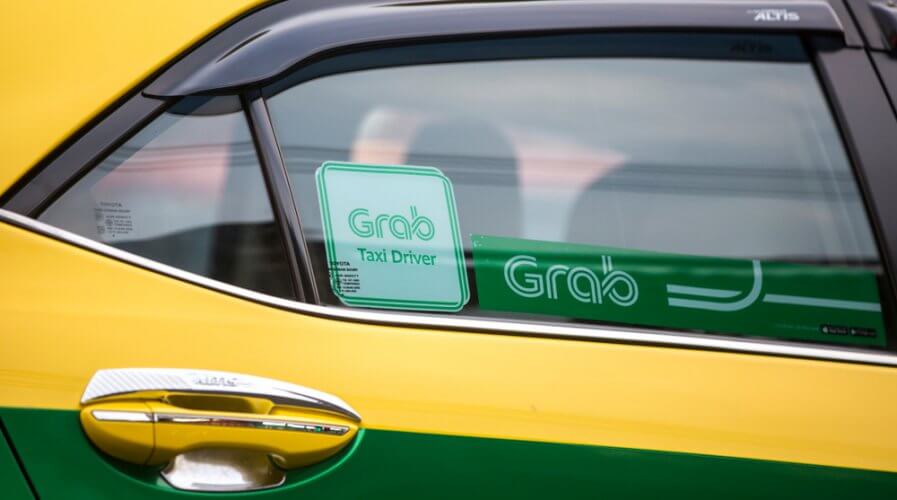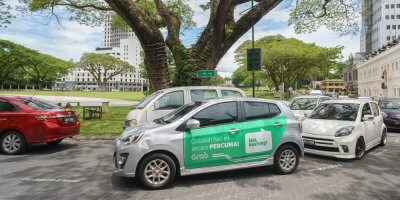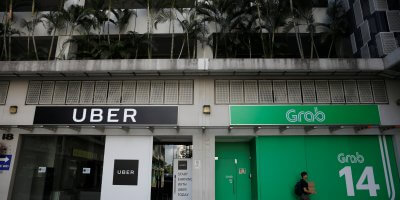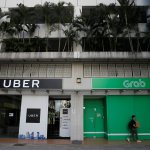
Singapore and now the Philippines charges Grab for deterioriating service. Source: Shutterstock
The Philippines fines Grab for drop in service quality
WHEN Grab announced its merger with Uber in many Southeast Asian countries, consumers were concerned.
Competition is good for business as it helps keep prices low and ensures that all companies are on their toes — trying to get a leg up.
Over the past few months, the ills of being a monopoly seem to have become evident to Grab and its users in Singapore, the Philippines, and other countries in Southeast Asia.
Just last month, Singapore’s competition watchdog penalized Grab and Uber for the merger after concluding that there was a definite disadvantage to users — in terms of pricing and service quality.
Now, the competition commission in the Philippines, after it carried out an independent investigation, has found that the quality of service has dipped in the nation of 7000-plus islands.
When the Philippine Competition Commission (PCC) reviewed Grab’s acquisition of Uber’s operations in August, it had the foresight to note that the deal was one of a kind and hence, only provided conditional approval upon rules being met to ensure fairness to consumers given Grab’s monopolistic position in the local market.
However, according to local media, the ride-hailing firms violated the conditions, including combining their businesses and Uber taking a board seat in Grab during the antitrust body’s review of the merger.
The regulator has therefore decided to levy a cumulative fine of PHP16 million (US$300,000). Here’s a breakup of the fine:
- The PCC ordered Grab and Uber to jointly pay PHP4 million for failing to keep their businesses separate during the review.
- Grab was additionally asked to pay PHP8 million pesos for failure to maintain the conditions before the transaction, such as pricing policies, rider promotions, driver incentives, and service quality. Uber was slapped with a PHP4 million fine for the same violation.
Despite the drop in service quality, it seems as though the company has been able to hold on to a 93 percent market so far.
However, with many smaller ride-hailing firms starting up to serve unsatisfied customers, it seems as though the market might be disrupted soon — especially if one of them manages to provide a competitively priced product while ensuring driver availability, convenience, and safety.
READ MORE
- Ethical AI: The renewed importance of safeguarding data and customer privacy in Generative AI applications
- How Japan balances AI-driven opportunities with cybersecurity needs
- Deploying SASE: Benchmarking your approach
- Insurance everywhere all at once: the digital transformation of the APAC insurance industry
- Google parent Alphabet eyes HubSpot: A potential acquisition shaping the future of CRM




